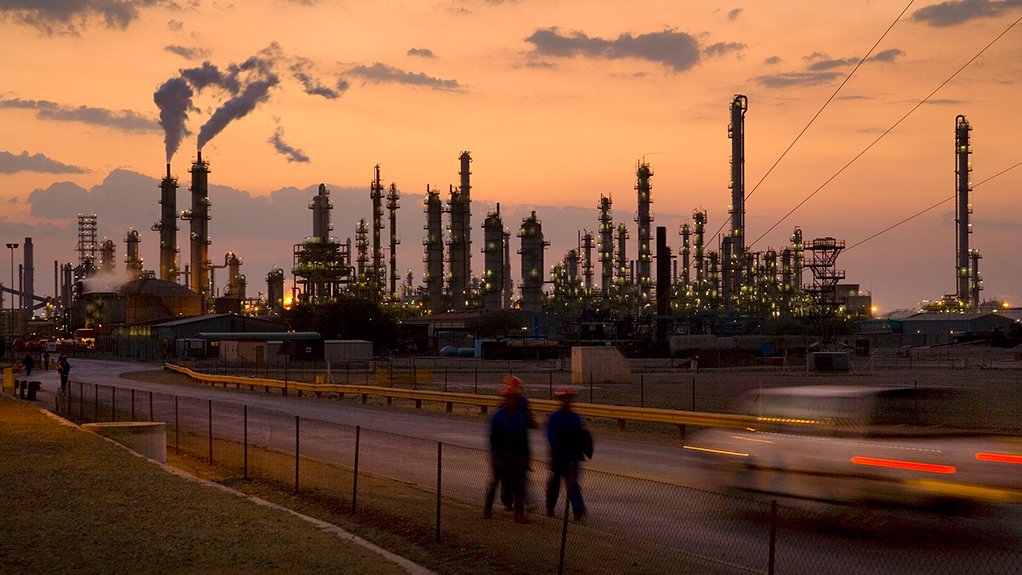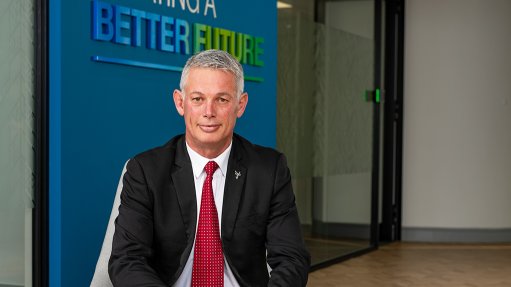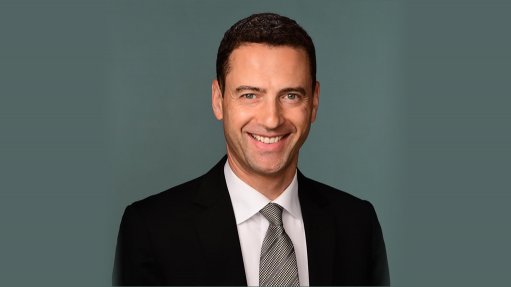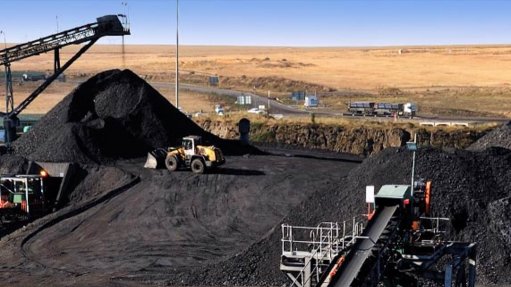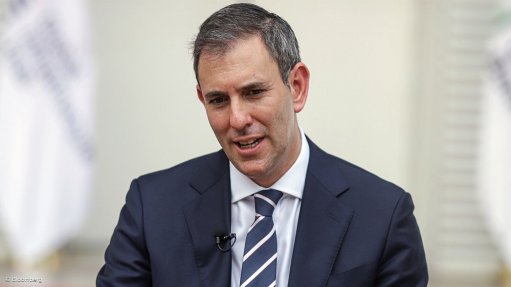Sasol to appeal latest MES application rejection
Petrochemicals and energy company Sasol has advised that it will appeal the National Air Quality Officer’s decision to decline its June 2022 application in terms of Clause 12A of the minimum emission standards (MES).
The application related to the regulation of the sulphur dioxide (SO2) emissions from the boilers at Sasol’s Secunda Operations’ steam plants on alternative emission load basis from April 1, 2025, onwards.
Sasol’s emission sources are regulated in accordance with atmospheric emission licences, which are based on the MES of November 2013, which are published as a section of the National Environmental Management: Air Quality Act (Nemaqa).
Sasol confirms it will appeal the decision to the Minister of Forestry, Fisheries and the Environment, to allow the Minister to consider the application afresh.
Clause 12A of the MES permits existing plants to be regulated on an alternative emission load, as opposed to the current concentrated-based limit specified in the MES, which is according to the mass of pollutant per cubic metre of air emitted.
Sasol has been implementing various projects at its Secunda, Sasolburg and Natref operations since 2015 in efforts to reduce emissions to comply with the MES.
The company has spent more than R7-billion over the last five years, in particular, on emission reduction projects.
Sasol explains that it has achieved MES compliance of 98% of its emission sources at these sites; however, the remaining 2% of sources are part of the company’s ongoing journey to enable MES compliance by April 1, 2025.
The only remaining challenge relates to achieving the concentration-based limit for SO2 emissions from the boilers at the Secunda Operations' steam plants.
Sasol has determined that an integrated emission reduction roadmap, which intends to deliver emissions reductions in terms of both greenhouse-gas emissions, SO2 and other pollutants, is the optimal approach and best aligned with the objectives of Nemaqa and the purpose of the MES.
This involves the turning down of boilers, reducing coal use and ramping up Sasol’s imports of renewable energy to 1 200 MW by 2030.
Sasol has already seen a reduction in emissions through the implementation of energy efficiency projects and is progressing the deployment of more than half of the committed renewable energy target from 2025 onwards.
The company outlines in its Climate Change Report 2022 that among its efforts will also be to undertake boiler turndown, in efforts to reduce some of its emissions at Secunda.
Sasol remains committed to ambient air quality improvement, it says, including reaching net-zero emissions by 2050.
OPPOSING VIEW
Nonprofit organisation Just Share in December last year said Sasol’s Secunda facility, as well as the Natref refinery – a joint venture between Sasol and TotalEnergies – are among the most pollutive operations in Mpumalanga and the country.
The area in which the operations are located, the Highveld Priority Area, is one of the worst air pollution hotspots globally. Nema designated the area as such, owing to its dangerous levels of air pollution.
The High Court in March 2022 recognised that the poor air quality in the areas was a breach of residents’ constitutional right to an environment that is not harmful to their health, and suggested that the Minister have regard to various considerations, including the need to address the postponement and suspension of compliance with MES in the priority area.
The court also recommended that the atmospheric emission licences of all facilities have not obtained once-off suspension of compliance and cannot meet new plant MES by April 2025 are withdrawn and decommissioning and rehabilitation of those facilitates then needs to be enforced.
Just Share believes Sasol, despite its participation in the process of setting the MES, has fought vigorously to avoid having to comply with these laws, including through an initial application to be completely exempt from the MES and subsequent compliance postponement applications.
Just Share explains Sasol’s latest application as wanting to be regulated by a load-based emission limit, which relates to the mass and the rate of the pollutant emissions instead of a concentration limit, meaning instead of meeting the concentration limit of 1 000 mg/Nm3, Sasol has applied for an alternative emission load from April 2025 until March 2030 of 503 t/d and from 1 April 2030 and apparently indefinitely, of 365 t/d.
Sasol believes this will enable it to achieve a 30% reduction in SO2 by 2030, compared with what would have been achieved under the current concentrated limit basis in the MES.
However, Just Share believes this application for an alternative load-based emission limit amounts to non-compliance with the MES in terms of SO2 emissions.
Comments
Press Office
Announcements
What's On
Subscribe to improve your user experience...
Option 1 (equivalent of R125 a month):
Receive a weekly copy of Creamer Media's Engineering News & Mining Weekly magazine
(print copy for those in South Africa and e-magazine for those outside of South Africa)
Receive daily email newsletters
Access to full search results
Access archive of magazine back copies
Access to Projects in Progress
Access to ONE Research Report of your choice in PDF format
Option 2 (equivalent of R375 a month):
All benefits from Option 1
PLUS
Access to Creamer Media's Research Channel Africa for ALL Research Reports, in PDF format, on various industrial and mining sectors
including Electricity; Water; Energy Transition; Hydrogen; Roads, Rail and Ports; Coal; Gold; Platinum; Battery Metals; etc.
Already a subscriber?
Forgotten your password?
Receive weekly copy of Creamer Media's Engineering News & Mining Weekly magazine (print copy for those in South Africa and e-magazine for those outside of South Africa)
➕
Recieve daily email newsletters
➕
Access to full search results
➕
Access archive of magazine back copies
➕
Access to Projects in Progress
➕
Access to ONE Research Report of your choice in PDF format
RESEARCH CHANNEL AFRICA
R4500 (equivalent of R375 a month)
SUBSCRIBEAll benefits from Option 1
➕
Access to Creamer Media's Research Channel Africa for ALL Research Reports on various industrial and mining sectors, in PDF format, including on:
Electricity
➕
Water
➕
Energy Transition
➕
Hydrogen
➕
Roads, Rail and Ports
➕
Coal
➕
Gold
➕
Platinum
➕
Battery Metals
➕
etc.
Receive all benefits from Option 1 or Option 2 delivered to numerous people at your company
➕
Multiple User names and Passwords for simultaneous log-ins
➕
Intranet integration access to all in your organisation



